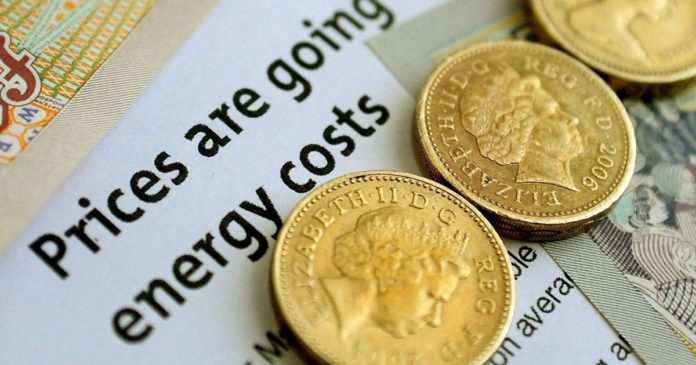Since Spring the cost of the cheapest fixed-rate tariff has increased from £745 a year (which was offered by SSE in April) to £858 (from So Energy) based on average usage.
At the same time the price of the best variable deal has risen even more. In Spring GB Energy Supply customers could expect to pay £765 per annum – now the best tariff costs a staggering £904.
The average UK household is still spending £1,066 on their annual energy bill, which is £221 more than the cheapest fixed deal.
Since March wholesale electricity prices have risen 35pc and wholesale gas has risen 36pc, according to Mark Todd from Energy Helpline, the switching service.
The expectation is that this will impact the cost of energy at home next year – Mr Todd suggests prices will rise by around 5pc in 2017.
Gas that will be delivered next year is being traded now. Prices change regularly and reflect expectations of supply meeting demand.
Does it pay to switch?
Avoid the traps by shopping around for a better contract. You will need to know the name of your current energy plan and an estimate of your usage.
If you haven’t kept your bills, or have recently moved and don’t have access to the previous occupant’s bills, you can ask for these details from your supplier.
Most variable tariffs will let you switch without a charge. But some fixed-rate deals and online-only offers might charge if you leave before the end of the term.
Negotiate
Even if you are locked into a fixed-rate tariff with an exit fee, you may be able to negotiate a better deal with your current supplier or elsewhere. Ring your supplier and ask whether it can make a counter offer. If not, check whether the saving from switching to a new supplier outweighs the costs.
Best fixed deals
The cheapest deals are currently fixed tariffs but even these are on the rise.
Back in April the cheapest fixed deal was £745 based on average usage. The average cost of the top 10 deals was £757.50. This crept up to £784 in September, according to MoneySupermarket, and is now £895.20.
So Energy offers the best fixed deal but it costs £858 – 14pc more than the cheapest deal in the spring.
Be wary of fixed deals that come with a costly exit fee, such as the £60 charged by a number of suppliers to customers who switch.
Ofgem says all suppliers must contact customers 42 – 49 days before their fixed tariff comes to an end. Once you have received the letter you are free to switch without penalty.
Even if you’re on the cheapest fixed deal be sure to switch when it comes to an end or risk being rolled onto your supplier’s standard variable fixed tariff
And for a gamble, the best variable prices
The fixed-rate prices are currently the cheapest option – the lowest variable deal from Robin Hood Energy is beaten by seven fixed-rate deals.
In theory you could take a gamble with a variable tariff and hope it could soon drop below the fixed deal costs. However, as the general sentiment is that prices are rising, it may not be the best time to take the chance.
If you’re already on a variable tariff remember suppliers must notify customers 30 days before a price rise, which means there is time to switch to a cheaper deal. Early exit fees do not apply to variable tariffs.
Advice for winter 2016/17: switch to a fix ASAP
The majority of the best deals on the market remain fixed, meaning cheaper energy and protection against rises.
There are also some fixed deals, such as Avro Energy’s ‘Simple and Fix’ and Bristol Energy’s one-year fixed tariff that do not come with early exit fees, so customers can switch if something better comes along.
You may be able to make greater savings by reducing your power use, either through energy-saving appliances or smarter practices at home. Energy-saving goods may be cheaper to run, but can be costly to purchase and install. There is a risk that people who want to reduce their carbon footprint are falling for misleading claims.
Latest predictions: what next for energy bills
Claire Osborne, energy expert at uSwitch.com, said: “Energy bills have seen sharp rises recently as wholesale prices, which make up almost half the bill, have climbed steeply over the past few months.
“As a result, many suppliers have replaced their cheapest deals with more expensive plans. In the past two months alone, the cheapest deal has risen by £114 a year. Many small and medium sized suppliers have also hiked the price of their standard variable tariffs by an average of 8pc, including Co-operative Energy, Flow and Ecotricity.”
Ms Osborne added the price freeze of three of the Big Six’s standard variable tariffs might “look good on paper” but as these plans are among the most expensive on the market it could “lull many customers into a false sense of security”.
Price rises could be just around the corner so Ms Osborne advised customers to switch to a cheaper fixed tariff to save an average £357 and give longer protection against any future hikes.



















